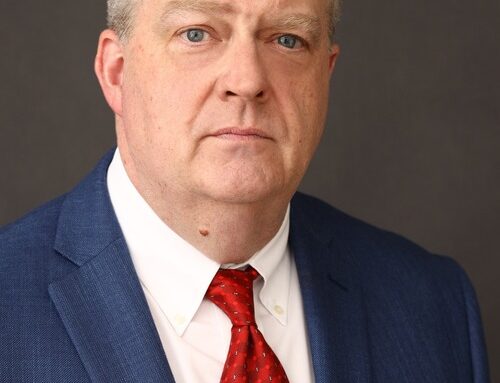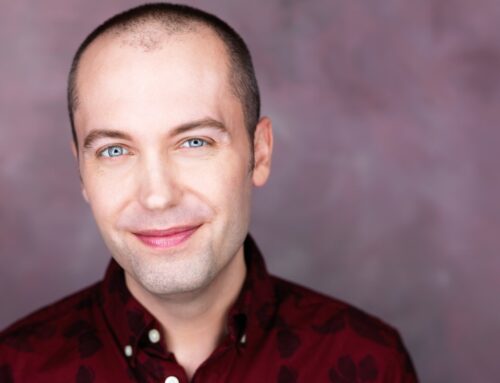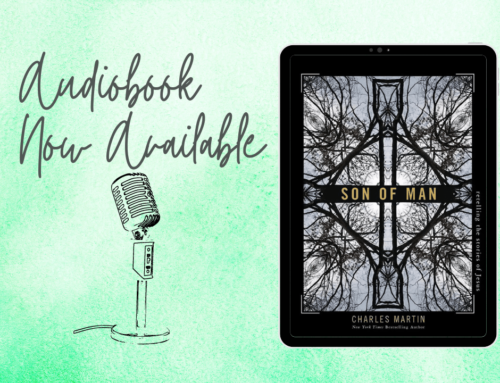The Scam Ad
I saw this ad the other morning during my workout while I was watching CBS Sunday Morning‘s YouTube channel. It featured Jennifer Aniston selling MacBooks at a huge discount [eye roll]. It is, of course, totally fake, but it is a video of Aniston speaking to the camera about it, in Aniston’s voice. (I will not link to the ad here, but you can read an article about the scam here).
The Risk
Don’t think that celebrities are the only ones at risk with this technology. Imagine what sort of damage a deep fake like this could do to a school teacher’s reputation. As this technology improves, it can make anyone seem to say or do just about anything. Have you ever had your Facebook account hacked? Probably so. Now imagine if the hack included capturing your likeness from a video you posted and creating a new video of you saying and doing things you did NOT say or do and it posting that video from your account so that your friends believe you did say and do those things. It is a serious concern.
What about the actors’ strike?
You might think “Wait a minute. Didn’t SAG-AFTRA just win AI protections in its recent contract? Wasn’t that what the strike was about?” Yes, we did and yes, it was. But those protections only apply to the contracts between the actors and the major studios. This is no major studio and is outside SAG-AFTRA’s jurisdiction. You might think “Well, didn’t you just write something about an ELVIS Act that protects people from unauthorized use of their likeness?” Yes, I did. But that is a state law and has no jurisdiction outside of Tennessee.
No Fakes Act
This is why we need protections and guardrails against A.I. at the federal level. Fortunately, there’s one in the works called the No Fakes Act. We also need protections at the international level (I’m looking at you, Russia!), but I have no idea what body would have jurisdiction over that. People smarter than me will have to work on that one.
If Jennifer Aniston can’t stop them, what chance do the rest of us have?
Read my comment policy.












